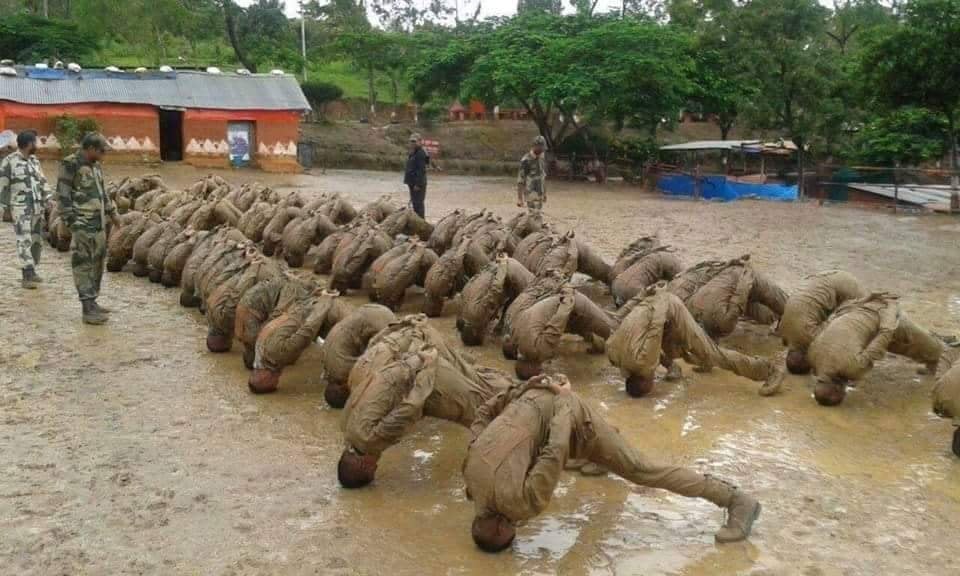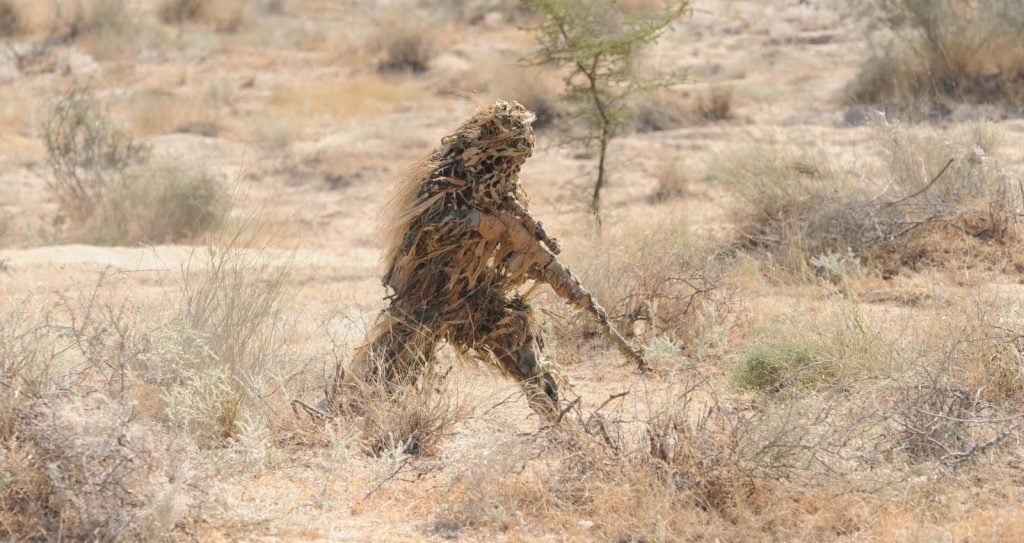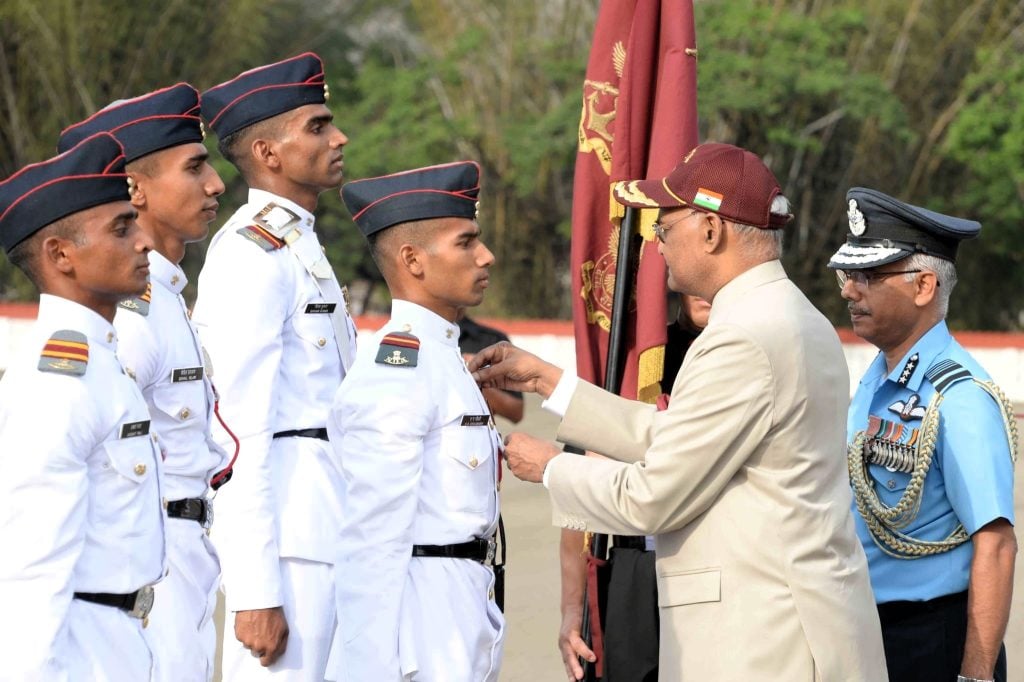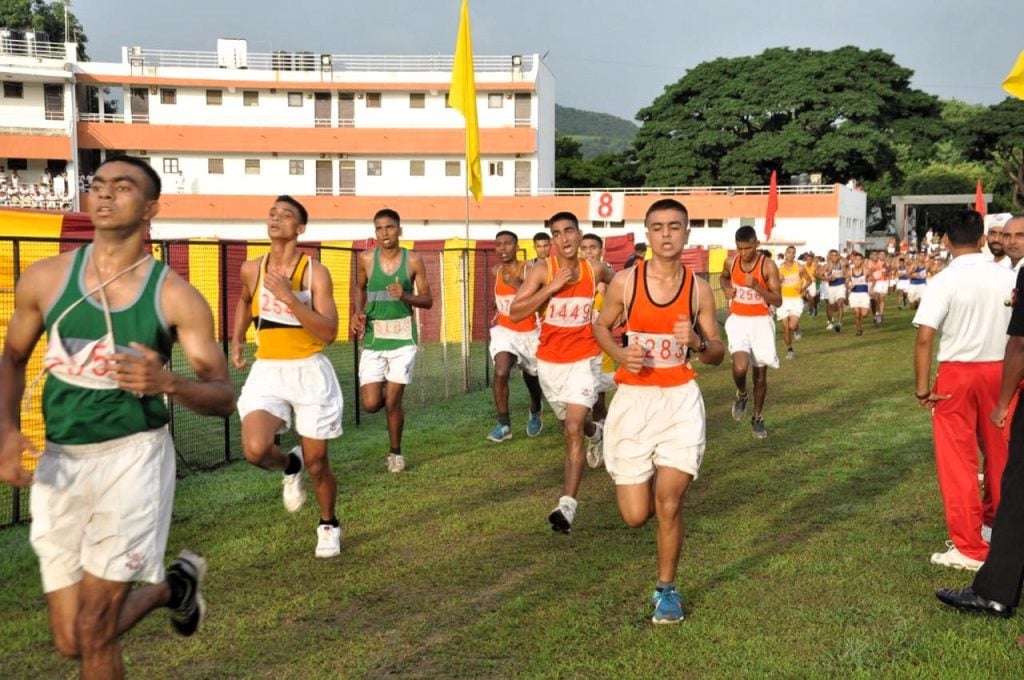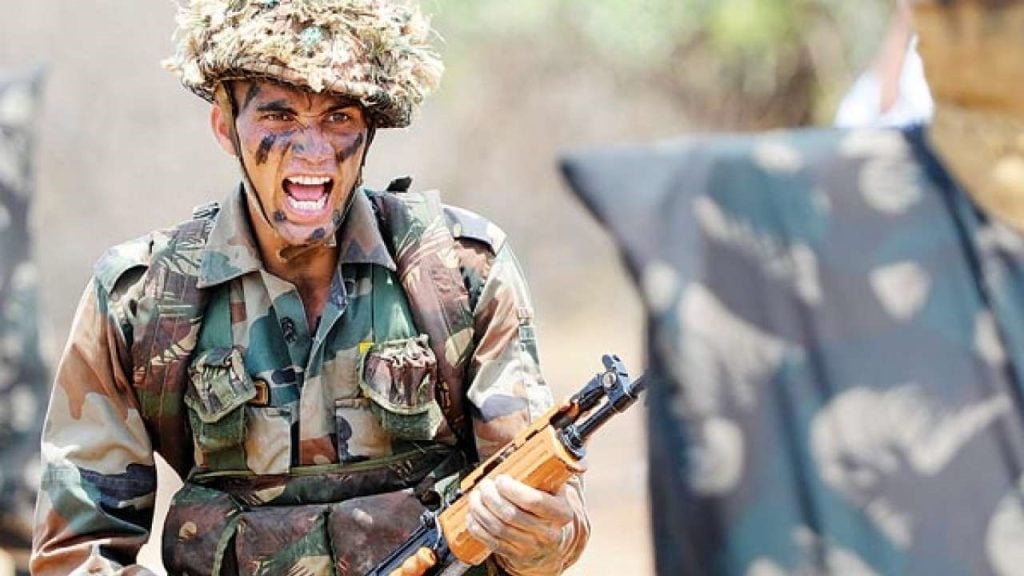The National Defence Academy (NDA) is renowned for its rigorous training programs, designed to prepare cadets for the challenges of military service. However, a troubling trend has emerged over the years: a significant number of cadets are leaving their training prematurely.
This phenomenon raises questions about the underlying factors contributing to such high dropout rates. In this article, we will delve into the reasons behind this alarming trend, exploring the realities that many cadets face during their time at the NDA.
Also Read | 11 Toughest Questions Asked in NDA SSB Interviews
The Alarming Dropout Rates
The statistics surrounding cadet dropout rates at the NDA are indeed startling. Reports indicate that between 2018 and 2023, over 1,200 cadets have chosen to leave the academy before completing their three-year training program. This translates to an average dropout rate of approximately 16% to 20% per course intake. Such figures are not only concerning for the institution but also for the broader implications they hold for the future of military leadership in the country.
Understanding the Numbers
- Historical Context: The dropout rates have been a topic of discussion for many years, with the numbers fluctuating but remaining consistently high.
- Comparison with Other Institutions: When compared to other military academies globally, the NDA’s dropout rates stand out, prompting a closer examination of its training methodologies and culture.
Factors Contributing to Dropouts
Several key factors contribute to the decision of cadets to leave the NDA, each deserving a closer look.
The Culture of Ragda
One of the most talked-about aspects of life at the NDA is the practice known as “ragda.” This term refers to a form of informal punishment or rigorous physical training that senior cadets impose on their juniors. While some argue that it builds resilience and camaraderie, others view it as a form of harassment.
What is Ragda?
Ragda can encompass a wide range of activities, often involving physically demanding tasks that cadets must complete as a form of discipline. These can include:
- Physical Exercises: Push-ups, running, and other strenuous activities.
- Unconventional Punishments: Tasks that may seem humorous but can be physically taxing, such as rolling on hard surfaces or carrying fellow cadets.
Perspectives on Ragda
The opinions on ragda are divided. Some former cadets and military personnel argue that it is an essential part of training, designed to toughen up the cadets. They believe that enduring these challenges prepares them for the harsh realities of military life. However, critics argue that ragda can lead to physical and mental stress, contributing to the decision of many to leave the academy.
Physical and Mental Fitness
Another significant factor influencing dropout rates is the physical and mental fitness required to succeed at the NDA. The demands of the training program are intense, and not all cadets are fully prepared for the rigors they will face.
Physical Fitness Challenges
Cadets are expected to maintain a high level of physical fitness, which can be a daunting task for those who may not have had extensive training prior to joining the NDA. The consequences of failing to meet these physical standards can be severe, leading to:
- Medical Boardings: Cadets may be discharged on medical grounds if they are unable to keep up with the physical demands.
- Increased Pressure: The pressure to perform can lead to anxiety and stress, further exacerbating the issue.
Mental Resilience
In addition to physical fitness, mental resilience plays a crucial role in a cadet’s ability to cope with the demands of training. The transition from civilian life to military training can be overwhelming, leading to feelings of homesickness and isolation.
- Coping Mechanisms: Many cadets struggle to find effective ways to cope with the mental strain, leading to a higher likelihood of dropping out.
- Support Systems: The lack of robust support systems for cadets can amplify feelings of loneliness and despair.
The Reality of Military Life
For many cadets, the reality of military service does not align with their expectations. The romanticized view of military life often clashes with the harsh truths they encounter during training.
Disillusionment with Military Service
Cadets often enter the NDA with dreams of heroism and adventure, only to find that the reality is much different. The challenges they face can lead to disillusionment, including:
- Harsh Training Conditions: The demanding environment can be a shock to those who were unprepared for the intensity of military training.
- Long-Term Commitment: The realization that a career in the military requires a long-term commitment can be daunting for some cadets.
Personal Expectations vs. Reality
The gap between personal expectations and the reality of military life can lead to feelings of inadequacy and frustration. Cadets may find themselves questioning their decision to pursue a military career, ultimately leading to their departure from the NDA.
Institutional Culture and Leadership
The culture within the NDA itself has come under scrutiny, with calls for reforms to address the issues contributing to high dropout rates.
Leadership Development Concerns
Critics argue that the leadership development programs at the NDA need significant reform. Some of the key concerns include:
- Flawed Selection Processes: The selection of instructional staff may not prioritize aptitude, leading to ineffective leadership and mentorship.
- Reinforcement of Negative Practices: The perpetuation of outdated practices can hinder the development of future leaders.
Calls for Reform
Prominent figures within the military have voiced their concerns regarding the need for reform at the NDA. They argue that:
- Modernization of Training: The training curriculum should evolve to reflect contemporary military needs and practices.
- Focus on Positive Leadership: The emphasis should shift towards fostering creativity and initiative among cadets, rather than adhering to outdated traditions.
Also Read | 5 Easy Tips for Better SRT Responses
The Role of Homesickness
Homesickness is a significant emotional hurdle for many cadets, often leading to feelings of isolation and despair.
Emotional Impact
The transition to life at the NDA can be overwhelming, particularly for those who have never been away from home for extended periods. The emotional toll can manifest in various ways, including:
- Increased Anxiety: The stress of being away from family and familiar surroundings can exacerbate feelings of anxiety.
- Difficulty in Adjustment: Cadets may struggle to adjust to the new environment, leading to a sense of alienation.
Coping Strategies
Finding effective coping strategies is essential for cadets to manage homesickness. Some potential strategies include:
- Building Friendships: Forming strong bonds with fellow cadets can provide emotional support and alleviate feelings of loneliness.
- Engaging in Activities: Participating in extracurricular activities can help cadets stay connected and engaged, reducing the impact of homesickness.
The Impact of Peer Pressure
Peer dynamics within the NDA can significantly influence a cadet’s experience, with both positive and negative implications.
The Influence of Senior Cadets
Senior cadets play a crucial role in shaping the experiences of their juniors. While some may provide mentorship and support, others may engage in negative behaviors, including:
- Bullying and Harassment: Instances of bullying can create a toxic environment, leading to increased dropout rates.
- Pressure to Conform: Cadets may feel pressured to conform to the expectations set by their peers, which can lead to mental strain.
Building a Supportive Environment
Creating a supportive environment within the NDA is essential for fostering resilience among cadets. This includes:
- Encouraging Positive Relationships: Promoting positive interactions between cadets can help mitigate the negative impacts of peer pressure.
- Implementing Mentorship Programs: Establishing mentorship programs can provide cadets with the guidance and support they need to navigate their training successfully.
The Importance of Mental Health Support
Recognizing the importance of mental health support is crucial for addressing the challenges faced by NDA cadets.
Access to Resources
Many cadets may not have access to adequate mental health resources, which can exacerbate feelings of isolation and anxiety. Ensuring that cadets have access to:
- Counseling Services: Providing mental health services can help cadets cope with the emotional challenges of training.
- Workshops and Training: Offering workshops on stress management and resilience can equip cadets with the tools they need to succeed.
Promoting a Culture of Openness
Fostering a culture of openness around mental health can encourage cadets to seek help when needed. This includes:
- Normalizing Conversations: Encouraging open discussions about mental health can reduce stigma and promote understanding.
- Training Staff: Providing training for staff on recognizing and addressing mental health issues can create a more supportive environment for cadets.
The Future of NDA Training
As the NDA continues to grapple with high dropout rates, the future of its training programs remains uncertain. However, there is hope for positive change.
Embracing Innovation
The NDA has the opportunity to embrace innovative training methods that align with modern military needs. This includes:
- Incorporating Technology: Utilizing technology in training can enhance the learning experience and better prepare cadets for their future roles.
- Adapting Training Methods: Evolving training methods to focus on holistic development can foster resilience and adaptability among cadets.
The Path Forward
The path forward for the NDA involves a commitment to reform and modernization. By addressing the factors contributing to high dropout rates, the academy can continue to produce capable leaders for the armed forces.
Also Read | 16 Things You’ll Always Find in a Fauji Home
Conclusion
The reasons behind the high dropout rates among NDA cadets are multifaceted, encompassing cultural, physical, and emotional challenges. While ragda and the demanding training regimen play a significant role, the broader context of mental health, leadership development, and institutional culture cannot be overlooked. As discussions surrounding reform continue, it is essential to prioritize the well-being of cadets and create an environment that fosters resilience, creativity, and strong leadership.
FAQs
1. What is the dropout rate at the NDA?
The dropout rate at the NDA has been reported to be between 16% to 20% per course intake, with over 1,200 cadets leaving the academy in recent years.
2. What is ragda?
Ragda refers to informal punishment or rigorous physical training imposed by senior cadets on juniors, often involving demanding physical tasks.
3. How does homesickness affect cadets?
Homesickness can lead to increased anxiety and difficulty adjusting to the new environment, contributing to the decision of some cadets to leave the academy.
4. What reforms are being discussed for the NDA?
Discussions around reform include modernizing training methods, enhancing mental health support, and fostering a culture of positive leadership and creativity.
5. How can the NDA support cadets’ mental health?
The NDA can provide access to counseling services, workshops on stress management, and promote a culture of openness regarding mental health issues.
